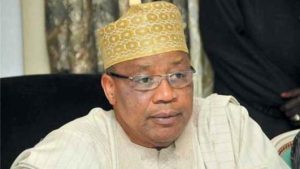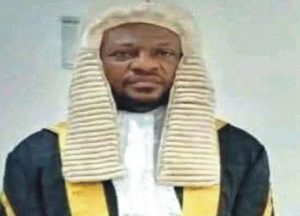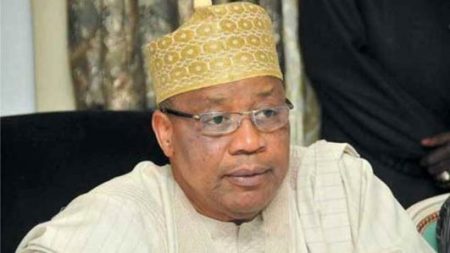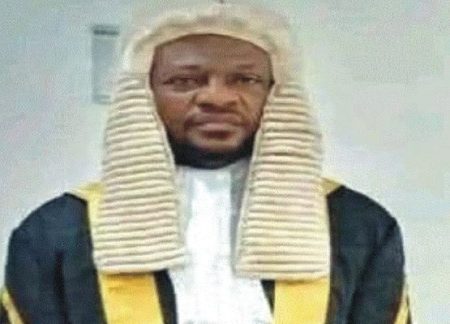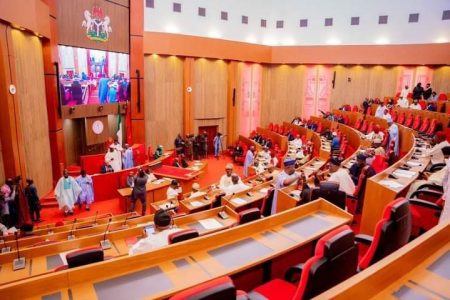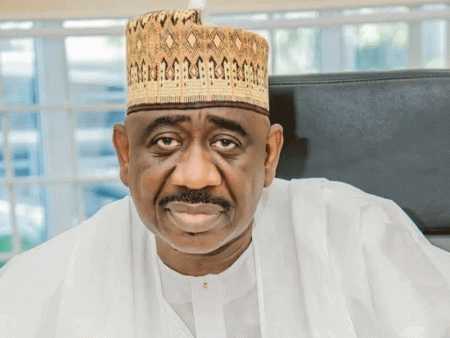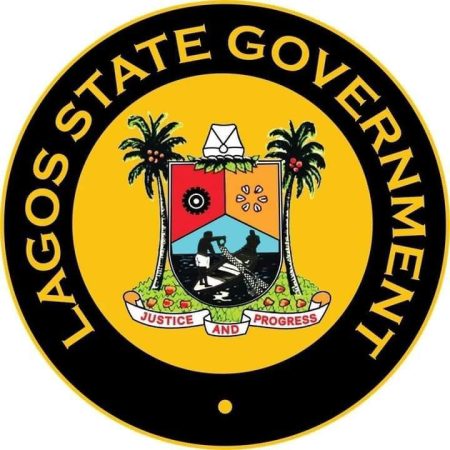Paragraph 1: The Clash over Property Tax Control in Nigeria
The Nigerian Institution of Estate Surveyors and Valuers (NIESV) has raised concerns about state governments encroaching upon the traditional authority of local governments over property taxes. This issue came to the forefront during the 31st Annual John Wood Ekpenyong Memorial Lecture, held concurrently with the 2025 Fellows’ Induction Ceremony of the NIESV. Emma Wike, a former NIESV president, highlighted the importance of financial autonomy for local governments and reducing their dependence on allocations from state and federal levels. He argued that certain states, including Lagos, Ogun, Kaduna, and Anambra, have effectively usurped local government control through Land Use Laws and the implementation of Land Use Charges. This practice, he contended, represents a significant power grab, regardless of any revenue-sharing agreements between state and local authorities.
Paragraph 2: The Case for Local Government Autonomy over Property Taxes
Wike emphasized that local governments are best positioned to drive economic growth and development at the grassroots level, providing services and amenities tailored to the specific needs of their communities. He cited the Local Government Reform of 1976, which established local governments to bridge the gap in service delivery that higher tiers of government could not effectively reach. According to Wike, property taxes, or tenement rates, are a crucial revenue source for local governments, enabling them to fulfill their responsibilities. He argued that a Supreme Court judgment granting autonomy to local governments further underscores their importance and necessitates increased revenue streams to meet heightened public expectations.
Paragraph 3: Optimizing Property Tax Administration for Local Development
The NIESV advocated for a more efficient and effective system of property tax collection. Wike stressed that property rating holds immense potential as a revenue generator for local governments and that proactive measures must be taken to ensure a prompt and streamlined collection process. He posited that properly administered tenement rates could become a driving force for sustained economic growth and development at the local level, directly impacting communities and improving the lives of residents. By leveraging this revenue source, local governments can invest in essential services and infrastructure, contributing to overall societal well-being.
Paragraph 4: NIESV’s Call for Professionalism and Ethical Conduct
During the induction ceremony for new Fellows of the NIESV, Victor Alonge, President and Chairman of the Council, emphasized the importance of upholding the highest standards of professionalism and ethical conduct. He reminded the inductees that their new status carried a significant responsibility to adhere to the institution’s code of ethics, maintaining integrity, honesty, and unwavering loyalty. Alonge underscored the need for Fellows to actively participate in the activities of the institution at both national and branch levels, contributing their expertise and experience to the profession’s advancement. He warned against any actions, overt or covert, that would undermine the interests of the institution, emphasizing that such actions would be met with severe sanctions.
Paragraph 5: The Importance of Continuous Professional Development
Alonge stressed the importance of continuous learning and professional development for all members, especially the newly inducted Fellows. He highlighted the opportunities presented by the digital age, encouraging members to utilize technology to expand their knowledge and connect with global resources and opportunities. He urged the Fellows to embrace lifelong learning and actively seek out opportunities to enhance their skills and knowledge, ensuring they remain at the forefront of their profession and adapt to the constantly evolving landscape of the real estate industry. He emphasized that training, retraining, and upskilling are essential components of maintaining professional competence and relevance in a rapidly changing world.
Paragraph 6: Inducting the New Fellows into the NIESV
The induction ceremony marked a significant milestone for the 147 new Fellows of the NIESV. Alonge described them as individuals of high integrity and creative excellence, ready to dedicate themselves to service, honesty, and devotion within their profession. He formally invited Johnbull Amayaevbo, Chairman of the Privileges Committee, to present the new Fellows, signifying their official entry into the prestigious ranks of the institution. This induction represents not only a personal achievement for each Fellow but also a commitment to upholding the values and standards of the NIESV, contributing to the growth and integrity of the profession as a whole.


